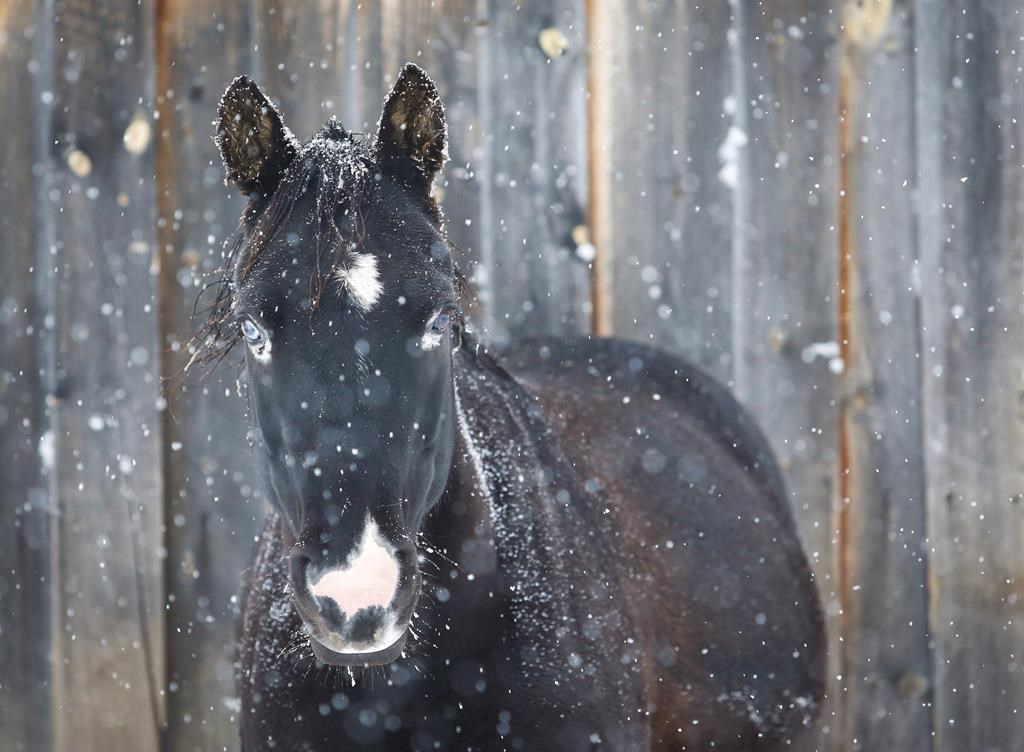The Quebec government is moving to vastly expand the scope of its animal welfare legislation to offer increased protection to species ranging from horses and mink to ostriches and wild turkeys.

The draft regulation published this week would require fox and mink farms and stables with 15 or more horses to meet the same welfare standards as dog and cat breeding operations.
READ MORE: Montreal moves to ban calèches, tightens animal welfare laws
Under the proposed rules, owners of these farms and stables would have to obtain a permit from the Agriculture Department and submit to regular inspections.
WATCH BELOW: Animal abuse among wildlife increasing

The proposed legislation also outlines care standards that would apply to dozens of other species including bison, deer, boar, ostriches, wild turkeys and some species of fish.
READ MORE: Quebec rodeos violated province’s animal welfare laws: professor

Get breaking National news
People raising these animals would not need a permit, but they would have to respect rules concerning cleanliness, living space, safety, access to food and water.
WATCH BELOW: SPCA hoped for animal welfare regulation ahead of Quebec election

They would also have to follow procedures to isolate animals that are sick or giving birth.
READ MORE: Quebec won’t go ahead with ban on pit bull-type dogs
The agriculture department estimates the proposed rules would affect about 1,200 businesses, with compliance costing a total of up to $3.3 million in the first year.


Comments